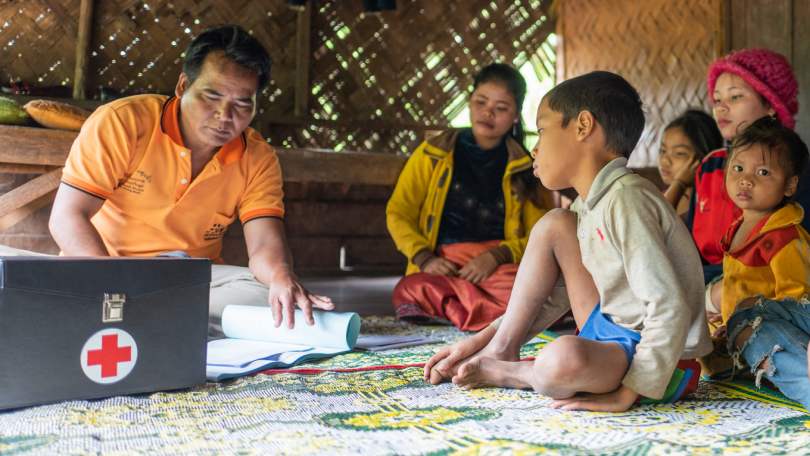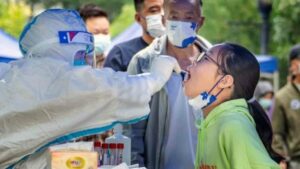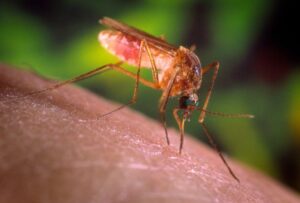After more than 70 years of persistent efforts to eradicate the disease, Belize has received certification from the World Health Organization (WHO) that the country is malaria-free.
According to WHO Director-General Dr. Tedros Adhanom Ghebreyesus, “WHO congratulates the people and government of Belize and their network of global and local partners for this achievement.” Belize is yet another illustration of how, with the right methods and tools, we can hope for a malaria-free future.
With today’s announcement, the World Health Organization (WHO) has declared malaria-free status for 42 countries and 1 territory, including 11 countries in the Americas Region.
Dr. Jarbas Barbosa, Director of the Pan American Health Organization (PAHO), stated, “Following the achievement of Paraguay, Argentina, and El Salvador, Belize today becomes the fourth country in the Americas and the second in Central America to be certified as free of malaria over the course of the last five years.” “This will also serve as an inspiration for the other endemic countries in the Americas.” “This is an extraordinary achievement for Belize.”
Effective investments in malaria control Over the course of the past three decades, Belize’s malaria burden has significantly decreased, from a peak of approximately 10,000 cases in 1994 to zero indigenous cases in 2019. Effective vector control methods like insecticide-treated mosquito nets and indoor spraying of insecticides have been crucial to Belize’s success in fighting malaria. The timely diagnosis and treatment of illnesses has greatly benefited from the expertise of community health workers.
Belize’s malaria program was reorganized in 2015 to place a greater emphasis on increased surveillance among high-risk populations. This made it possible to strategically target interventions and resources in priority areas. Throughout the COVID-19 pandemic, Belize continued its malaria surveillance efforts and attempted to integrate its COVID-19 surveillance systems.
Collaboration at the national, regional, and international levels A long-standing partnership between the Belize Vector Ecology Center and the national malaria program ensured entomological surveillance, which provided crucial information on the distribution and density of malaria-carrying mosquitoes and their resistance to insecticides used to control malaria. The key to success has also been working together across borders with Guatemala and Mexico, which are neighbors.
Elimination of Malaria in Mesoamerica and the Island of Hispaniola, which received financial support from the Global Fund to Fight AIDS, Tuberculosis, and Malaria, and the Regional Malaria Elimination Initiative, which was established by the Inter-American Development Bank with technical leadership from PAHO and the participation of the Council of Health Ministers of Central America, are two regional and subregional initiatives that Belize has participated in to keep malaria at the forefront of their public health agenda.
PAHO has provided technical assistance throughout Belize’s malaria campaign with assistance from USAID. The PAHO’s Disease Elimination Initiative, which aims to eradicate more than 30 communicable diseases, including malaria, in the Americas by 2030, gains support from this accomplishment in Belize. Additionally, Belize is a member of WHO’s “E-2025” initiative, a group of nations with the potential to eradicate malaria by 2025.
Belize is the third country to be granted a jungle fever free status in 2023, following the certificates of Azerbaijan and Tajikistan in Spring.
Note to the Editor: WHO malaria-free certification An official WHO recognition of a nation’s malaria-free status is a certification of malaria elimination. The certification is granted when a nation can demonstrate, through rigorous and credible evidence, that the Anopheles mosquito transmission chain has been disrupted nationwide for at least the past three years.
In addition, an effective program to prevent the disease from returning must be in place, as must a national surveillance system that can quickly identify and respond to any cases of malaria.
Based on a recommendation from the independent Technical Advisory Group on Malaria Elimination and Certification, the WHO Director-General makes the final decision regarding the award of a malaria-free certification.
Disclaimer: The views, suggestions, and opinions expressed here are the sole responsibility of the experts. No Idea Scope Analytics journalist was involved in the writing and production of this article.




